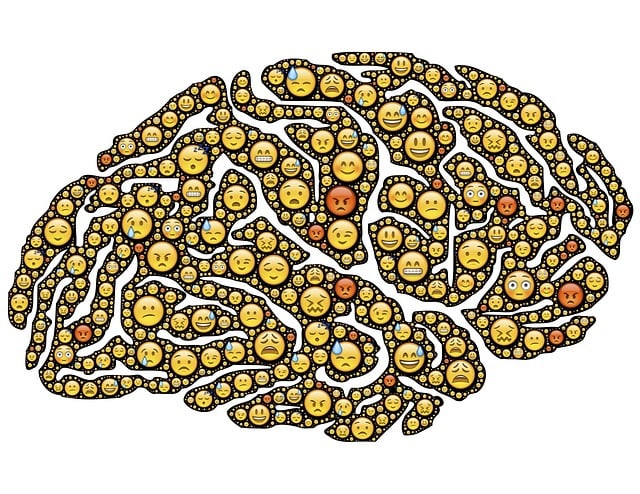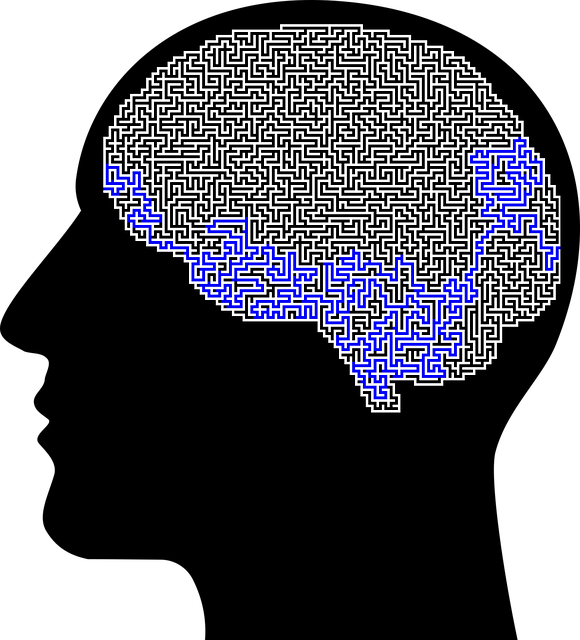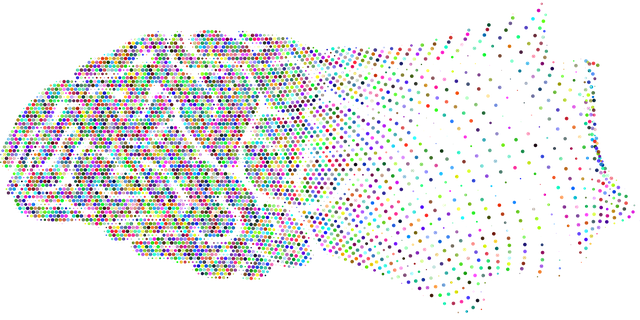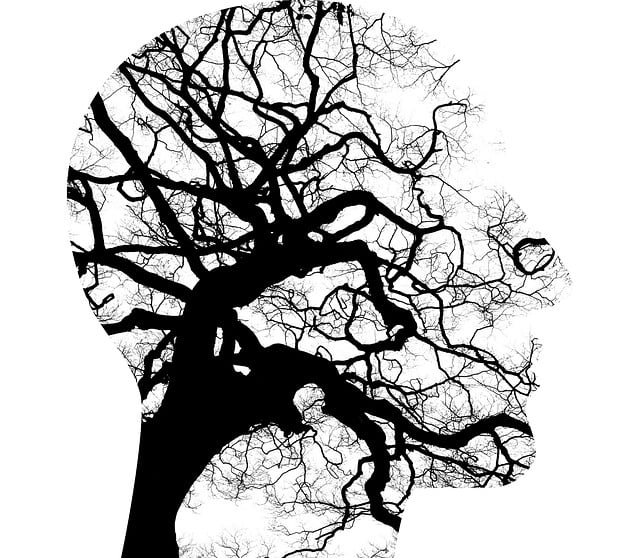Aurora Pain Management Therapy (APMT) offers a holistic approach to pain management and mental wellness by addressing the connection between physical discomfort and psychological well-being. Using methods like mindfulness, cognitive behavioral therapy, and relaxation techniques, APMT empowers individuals to manage pain perception and associated anxiety. With a focus on cultural sensitivity, adaptable care is provided for diverse backgrounds, improving engagement and outcomes. Effectiveness is measured through quantitative (surveys, statistical analysis) and qualitative (client feedback, testimonials) methods, tracking attendance, journal entries, and workshop feedback. APMT continuously improves its program based on these insights, incorporating client voices to meet evolving needs and develop inner strength. Their adaptive approach enhances service quality and contributes to a broader knowledge base for optimal mental wellness support.
Mental wellness programs, such as Aurora Pain Management Therapy, require rigorous evaluation to ensure their effectiveness. This article explores a comprehensive approach to assessing and improving these programs. We begin by providing an in-depth overview of Aurora Pain Management Therapy, followed by an examination of both quantitative and qualitative methods used to gauge program success. Through client feedback and testimonials, we uncover valuable insights, and we conclude with iterative evaluation strategies for continuous improvement.
- Understanding Aurora Pain Management Therapy: An Overview
- Assessing Program Effectiveness: Quantitative Methods
- Qualitative Insights: Client Feedback and Testimonials
- Continuous Improvement: Iterative Evaluation Strategies
Understanding Aurora Pain Management Therapy: An Overview

Aurora Pain Management Therapy (APMT) is a comprehensive approach to addressing pain and improving mental wellness. This therapy recognizes the deep connection between physical discomfort and psychological well-being, focusing on both aspects simultaneously. APMT involves tailored interventions, including mindfulness techniques, cognitive behavioral therapy, and relaxation strategies, to help individuals gain control over their pain perception and associated anxiety. By integrating these practices, APMT aims to enhance mental health awareness and provide lasting anxiety relief.
Cultural sensitivity in mental healthcare practice is a core principle within APMT. It ensures that therapeutic methods are adaptable and respectful of diverse cultural backgrounds, promoting inclusive care. This consideration is vital as it allows for personalized treatment plans that resonate with each client’s unique experiences and beliefs, fostering better engagement and outcomes. Mental health awareness benefits significantly from such an approach, ensuring that effective pain management strategies reach a broader audience.
Assessing Program Effectiveness: Quantitative Methods

Evaluating the effectiveness of a mental wellness program is a multifaceted process, and quantitative methods offer valuable insights into its impact. One powerful approach involves statistical analysis of pre-and post-program surveys or questionnaires. These tools can measure changes in participants’ mental health scores, anxiety levels, depression symptoms, and overall well-being. By comparing these data sets, researchers or program evaluators can determine the significant effects of Aurora Pain Management Therapy on individuals’ mental wellness.
Quantitative methods also facilitate the assessment of specific components within the program. For instance, tracking attendance rates for various sessions, completion of Mental Wellness Journaling Exercises, and feedback from Burnout Prevention workshops can provide data-driven guidance for refining the program design. This evidence-based approach ensures that Mental Health Education Programs are tailored to meet the unique needs of participants, fostering continuous improvement and optimal mental health outcomes.
Qualitative Insights: Client Feedback and Testimonials

Aurora Pain Management Therapy places a strong emphasis on qualitative insights to measure its program’s effectiveness and client satisfaction. Gathering client feedback and testimonials is an integral part of their evaluation process, offering valuable insights into the therapeutic journey. Through open-ended questions and structured interviews, clients are encouraged to share their experiences, highlighting aspects such as the helpfulness of therapists, the overall therapeutic environment, and the impact on their mental wellness.
This method allows for a deeper understanding of individual stories, including challenges faced and personal growth achieved during the program. The feedback received provides actionable insights, guiding improvements in service delivery. By incorporating client voices, Aurora Pain Management Therapy ensures that its practices align with the evolving needs of participants, fostering a supportive environment for depression prevention, trauma support services, and inner strength development.
Continuous Improvement: Iterative Evaluation Strategies

In the realm of mental wellness program evaluation, continuous improvement is paramount. Iterative evaluation strategies at Aurora Pain Management Therapy allow for dynamic adjustments based on ongoing feedback and emerging best practices. By regularly assessing the effectiveness of interventions, such as Crisis Intervention Guidance and Conflict Resolution Techniques, the program can refine its approaches to better serve individuals in need. This adaptive methodology not only enhances service quality but also fosters a culture of public awareness campaigns development, where lessons learned are shared and applied across various contexts.
Through iterative evaluation, Aurora Pain Management Therapy ensures that its programs remain relevant and responsive to evolving mental health challenges. This includes incorporating new research findings, integrating innovative therapeutic techniques, and refining crisis intervention strategies. Such continuous improvement methodologies not only benefit the immediate recipients of care but also contribute to a broader knowledge base, guiding other organizations in their pursuit of optimal mental wellness support.
The evaluation of mental wellness programs, such as Aurora Pain Management Therapy, is a multifaceted process that combines both quantitative and qualitative methods. By assessing program effectiveness through statistical analysis and exploring client feedback, we gain valuable insights into the impact and improvements needed. Iterative evaluation strategies ensure continuous improvement, allowing for tailored adjustments to meet the evolving needs of participants. Integrating these diverse approaches, as demonstrated with Aurora Pain Management Therapy, facilitates a holistic understanding of program success and contributes to enhanced mental wellness outcomes.












